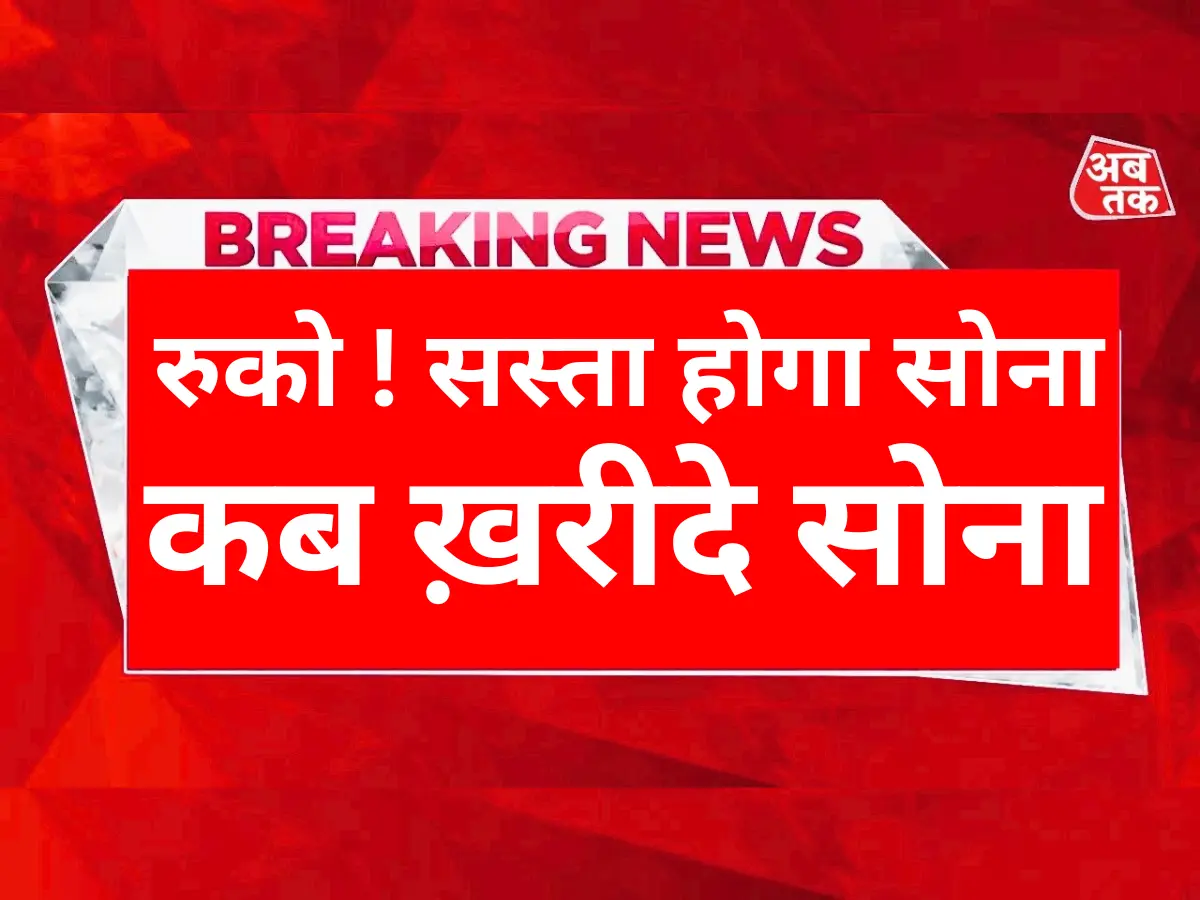The recent decision by the Supreme Court to hear Donald Trump’s claim of immunity from prosecution regarding his efforts to overturn the 2020 election has reignited debates about the timing and feasibility of his trial before the upcoming election. While the situation may appear convoluted, there are potential avenues that could lead to a trial commencing before November.
Despite initial concerns among pundits that Trump’s trial in Washington would be impossible before the election, the reality suggests otherwise. With available time on the calendar and considerable public interest, there is a possibility for the trial to begin before November, pending decisions from the Supreme Court and presiding U.S. District Judge Tanya Chutkan.
The schedule set by the Supreme Court for Trump’s appeal on the immunity question, with oral arguments slated for late April, could potentially result in a ruling in June. While this timeline may seem tight, it leaves room for a trial to commence before the election, given adequate preparation time.
However, potential delays could arise from further Supreme Court proceedings or instructions to conduct additional analysis, extending the timeline and complicating matters. Nevertheless, assuming a ruling rejecting Trump’s bid for immunity is issued in June, Judge Chutkan would face the daunting task of navigating uncharted territory.
Chutkan’s commitment to upholding judicial integrity and public interest suggests that political considerations should not dictate trial scheduling. Despite potential backlash, she could explore options to mitigate collateral effects on Trump’s campaign, such as holding trial sessions on alternate weeks or implementing half-day trial days.
Moreover, the Justice Department’s stance on trial scheduling could influence the process. While the case’s complexity and high stakes present challenges, prosecutors may consider streamlining testimony and evidence to expedite proceedings, recognizing the imperative for timely resolution.
While holding the trial before November presents logistical and political challenges, it remains a possibility that demands careful consideration. Chutkan’s willingness to navigate this unprecedented scenario with integrity and impartiality will play a crucial role in determining the trial’s outcome and its implications for the upcoming election.
In conclusion, while the road ahead may be fraught with uncertainty and contention, the pursuit of justice must prevail, ensuring transparency and accountability in the face of unprecedented legal and political scrutiny.



